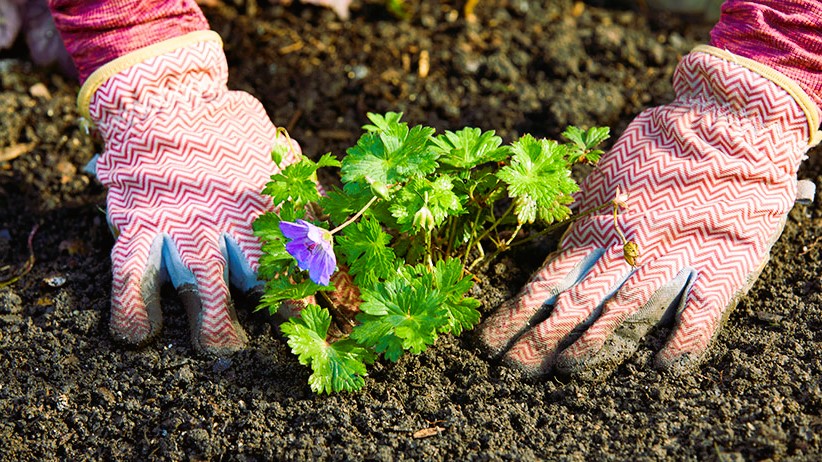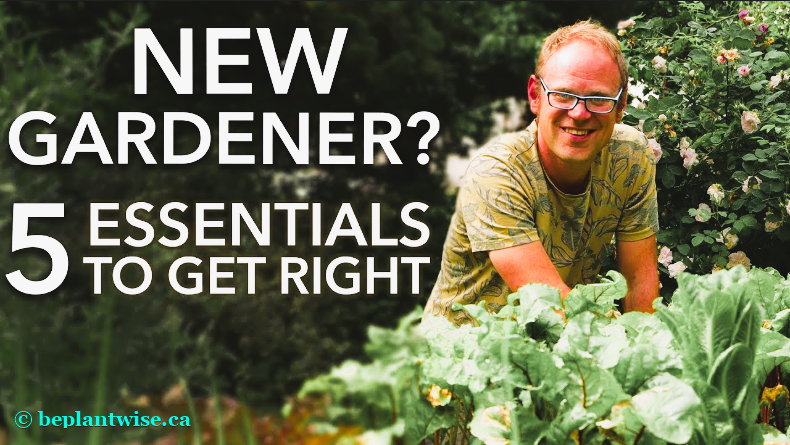Creating and maintaining a successful garden requires more than just a green thumb—it takes knowledge, experience, and a few secrets known to professional gardeners. These seasoned experts have honed their skills over the years and have discovered the key strategies that lead to thriving and bountiful gardens. In this article, we will unveil some of the secrets of successful gardening straight from the professionals themselves.
1. Plan and Design Your Garden
One of the first secrets to a successful garden is proper planning and design. Before you start digging, take some time to evaluate your outdoor space and consider factors such as sunlight exposure, soil quality, and drainage. Plan out the layout of your garden, including pathways, focal points, and different areas for various plantings. This thoughtful design will not only create an aesthetically pleasing garden but also ensure that plants are placed in the most favorable conditions for their growth.
2. Understand Your Plants’ Needs

Different plants have different needs, and understanding these requirements is essential for their success. Pay attention to factors such as sunlight, water, soil pH, and nutrient requirements. Some plants prefer full sun, while others thrive in shade. Similarly, certain plants need regular watering, while others are more drought-tolerant. Research the specific needs of your plants and group them accordingly to create optimal growing conditions within your garden.
To learn more about different plant species and their specific requirements, consult reliable sources like Wikipedia’s gardening articles.
3. Prepare Your Soil
Healthy soil is the foundation for a successful garden. Before planting, ensure that your soil is well-prepared and enriched with organic matter. Test the soil’s pH level and make any necessary adjustments to create the optimal pH range for your plants. Add compost, aged manure, or other organic amendments to improve soil structure, fertility, and drainage. Well-prepared soil provides the essential nutrients and a conducive environment for healthy root development and plant growth.
4. Practice Proper Watering Techniques
Watering plays a crucial role in the overall health of your garden. It’s important to water your plants deeply and consistently, ensuring that the water reaches the root zone. Avoid shallow watering, as this can lead to shallow root growth and make plants more susceptible to drought. Consider using techniques such as drip irrigation or soaker hoses to deliver water directly to the roots, minimizing water waste and promoting efficient plant hydration. Secrets of Successful Gardening – Key Rules and Tips.
5. Mulch for Moisture Retention and Weed Control
Applying mulch around your plants offers multiple benefits. Mulch helps retain soil moisture, preventing water evaporation and reducing the frequency of watering. It also acts as a barrier, suppressing weed growth and competition for nutrients. Organic mulches, such as wood chips or straw, also improve soil fertility as they break down over time. Apply a layer of mulch around your plants, taking care to avoid direct contact with stems or trunks.
6. Regular Maintenance and Pruning
Regular maintenance is crucial for keeping your garden in top shape. This includes tasks such as weeding, pruning, and deadheading. Weeds compete with your plants for resources, so it’s important to remove them promptly to prevent their spread. Pruning helps maintain plant health, shape, and size, and encourages proper air circulation. Deadheading, or removing spent flowers, promotes continuous blooming and redirects the plant’s energy toward new growth.
7. Integrated Pest Management

Dealing with pests is an inevitable part of gardening, but professional gardeners employ an integrated pest management (IPM) approach to keep pest populations in check. IPM involves monitoring for pests, identifying the specific pest species, and taking appropriate action when necessary. This may include using natural predators, introducing beneficial insects, or employing organic pest control methods.
8. Continuous Learning and Adaptation
The most successful gardeners understand that gardening is a continuous learning process. Stay curious and open to new ideas, techniques, and plant varieties. Attend gardening workshops, visit botanical gardens, or join gardening communities to expand your knowledge and learn from experienced gardeners. Adapt your gardening practices as you discover what works best for your specific garden conditions and climate.
By incorporating these secrets of successful gardening into your own gardening routine, you’ll be well on your way to creating a vibrant and thriving garden that brings joy and beauty to your outdoor space.

